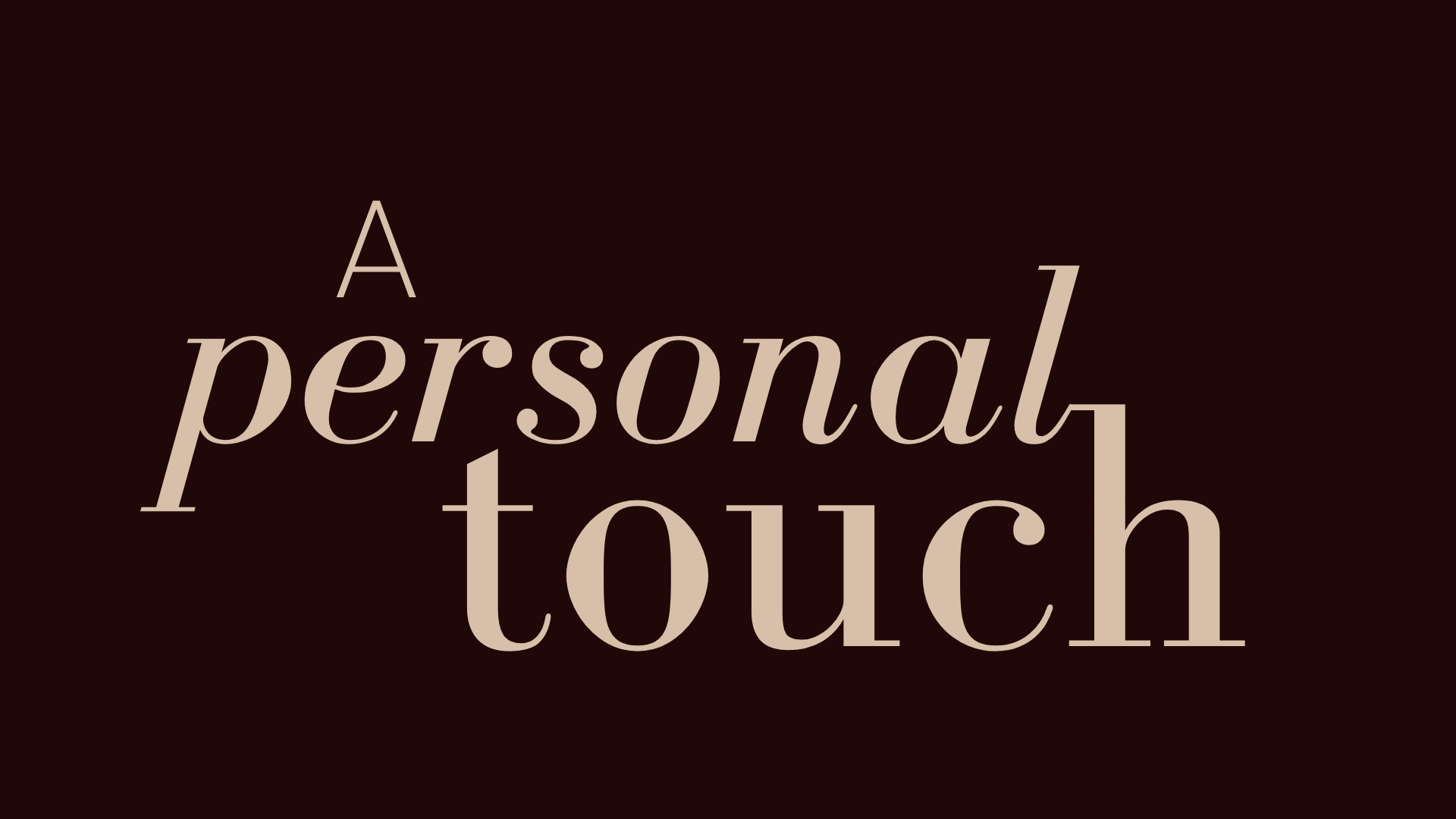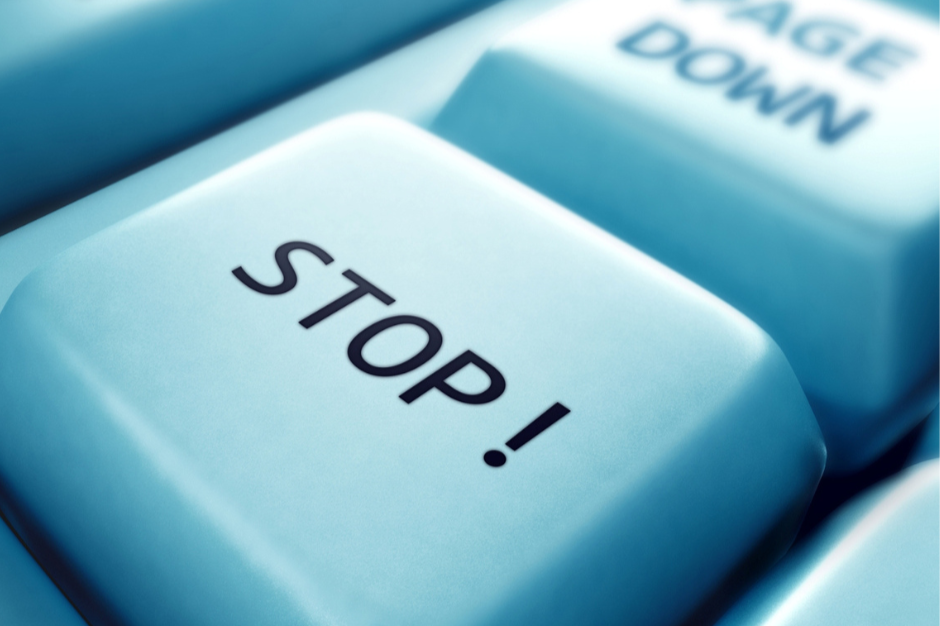How to Humanise Your Personal Brand
Remember to put the ‘person’ into your personal brand
Corporate brands make meticulous efforts to humanise brands. To make them relatable. Because people connect with people. People buy from other people. And personal connections build brand trust. As a personal brand, you’re already at an advantage. And a unique personality can be what differentiates you in a noisy marketplace. This blog shares how you can define your unique personal brand personality.
Most children play Teachers with their friends or siblings at some point. Most children don’t take it too far. I was not one of them.
I was five playing Teachers with my older sister, who was my ‘student’. I decided the best blackboard and chalk experience would be the bonnet of my dad’s near-new car and a rock. Because, surely it would erase off like on a real chalkboard.
I was relentlessly obsessed with learning and loved school. So it’s little wonder I lost myself (and better judgement) in the experience.
It was then no surprise that in my adult years, my Myers-Briggs personality has always yielded ‘ENFJ’. It’s the code for ‘The Teacher’. No matter where life takes you, your personality tends to come along for the ride. So, are you embracing it in your personal brand market positioning?
Here are a few steps to help define the personality of your personal brand.
Tip #1. Understand your personal brand’s personality type
In 1970, Psychologist Carl Jung created his personality types. In 1980, the Myers-Briggs testing for the 16 personality types was developed. The personalities were then named by Psychologist David Keirsey.
The names help create character archetypes. Humans have used storytelling for potentially up to tens of thousands of years. We have been evolutionarily hardwired to make sense of our experiences through storytelling. Understanding the archetypes allows you to understand the character you play. As well as the other characters in your story.
Personality testing
One of my favourite tools is Truity's Type Finder Personality Test. It’s free and takes only about 10-15 mins to complete.
Am I going to drop everything to pursue the ‘Teacher’ title? No. But, it enhances my awareness of how I innately play the role. The assessment, based on the Myers-Briggs Type Indicator, helps me understand my natural strengths. Truity outlines this as part of each profile summary.
Tip #2 Collect personal data on your personal brand
Your personal brand is often defined as:
What people think about you
How you make them feel
What they say about you (especially when you’re not in the room)
How they remember you
So, to understand your personal brand's personality, seek data from those around you.
Ask those closest to you professionally how they would describe you.
For historic reference, recall what others have said about you. Consider past team-building exercises, cards and speeches.
The VIA Institute of Character free survey can also help define your top strengths. You may attempt to translate this into your personality traits.
But, most importantly, be guided by your personal brand values compass.
When reflecting on the data you’ve collected, consider what’s authentic to you, but don’t forget what’s aspirational too. There may be aspects of your personality that others might not see yet. Attributes you know lie within you. Or personality traits you hope to one day embody better. Define these too. Write them down. It will tell your subconscious mind that they’re important.
Tip #3. Define your top personal brand personality traits
You should now have an enhanced awareness of your personal brand personality. In my personal brand coaching, I recommend analysing the emerging themes. And define up to five key personality traits for your personal brand. These should reflect your personal brand values.
Tip #4. Express your personal brand
Start to share your personality a little more both offline and online.
Here are a few simple tips to humanise your personal brand in the marketplace:
Develop personal brand messages that resonate technically and personally.
Share the other characters in your story. We trust people who have positive social relationships. It’s social proof. This might be your partner, family, best friends or team members. They humanise your story, helping make you relatable and build trust.
Share your personal interests. It sets the scene for your audience and helps satisfy their desire for context.
Include a humanised content pillar. Commit to consistency when creating content that shares the person behind the expertise.
When I first developed the idea for my personal brand coaching business, I shared the concept with a colleague. I discussed the many technicalities of my experience. She said, “Don’t underestimate that some people will just be drawn to you as a person.” This can be difficult to fathom about yourself, but is always true in business.
A Nielsen Study also showed that 33% of people trust brand messages. While 90% of people trust recommendations from someone they know.
The great advantage of your personal brand over a corporate brand is that it’s exactly that - personal. The humanisation of your brand, and what makes you relatable comes built-in. There is no one in the world who is just like you and there never will be.
So, are you making your personal brand personality your point of difference?
PS. This kicks off part one of my brand personality series. Stay tuned next week for how to use your tone of voice to differentiate your personal brand in the marketplace.




